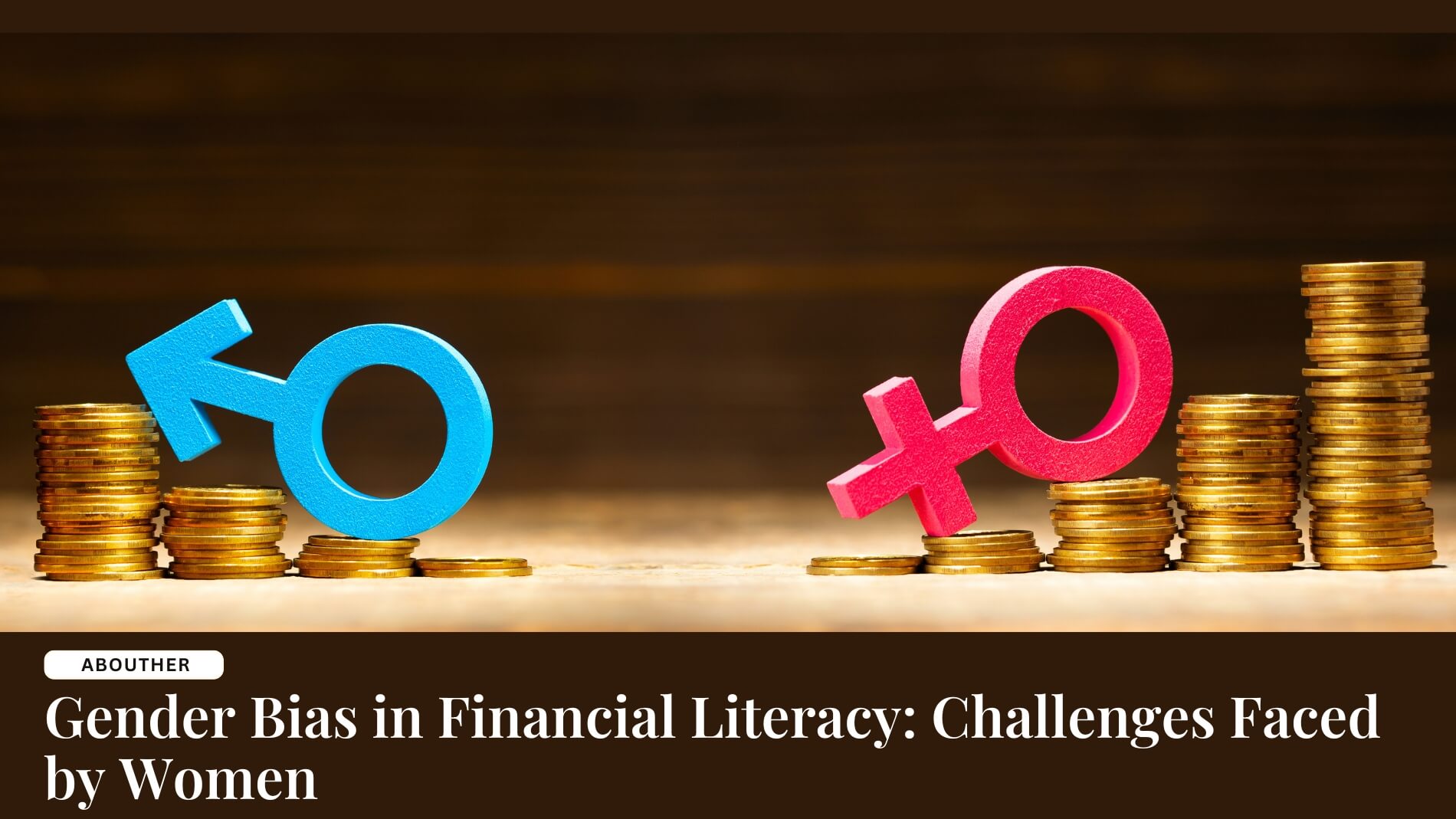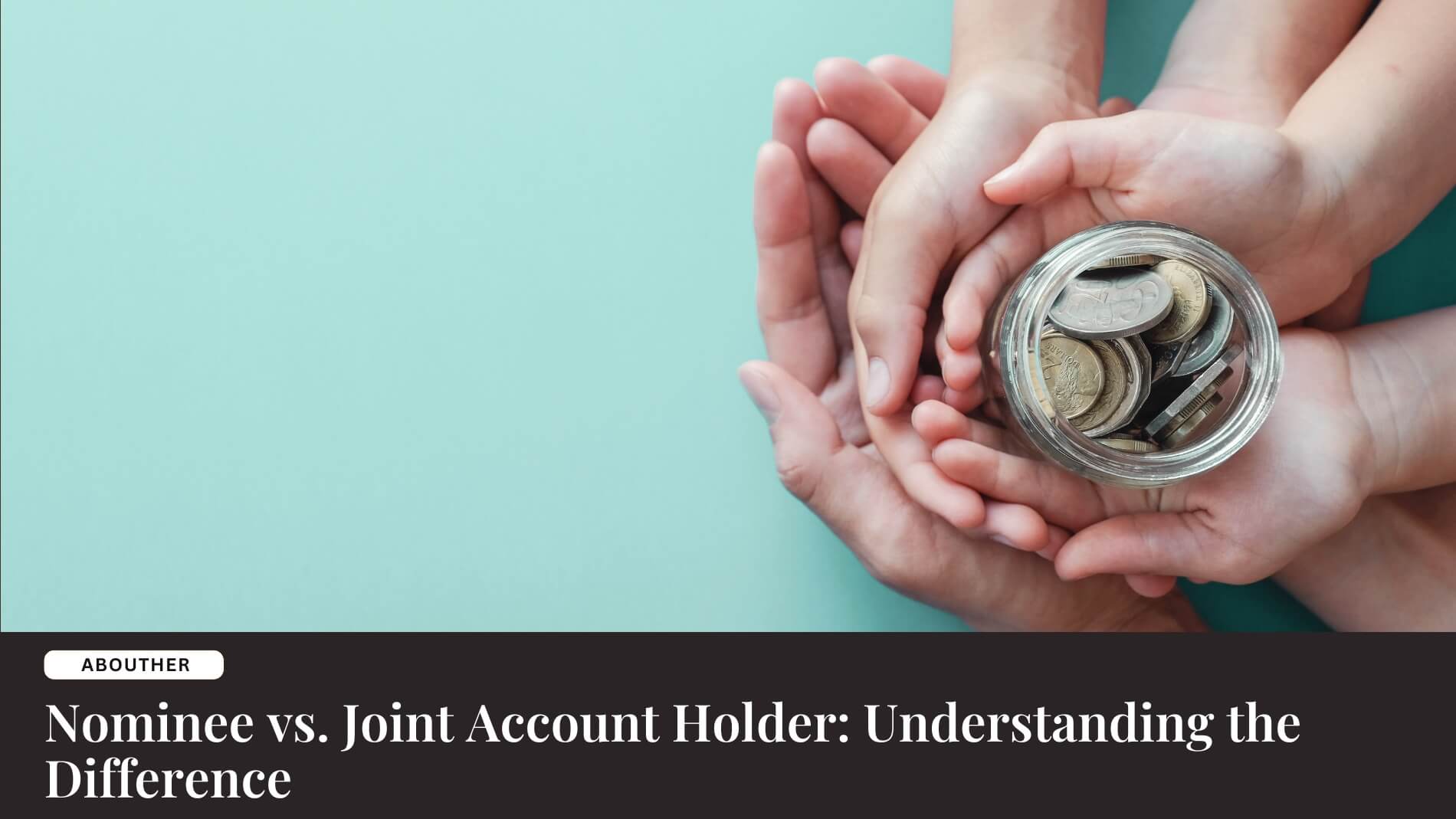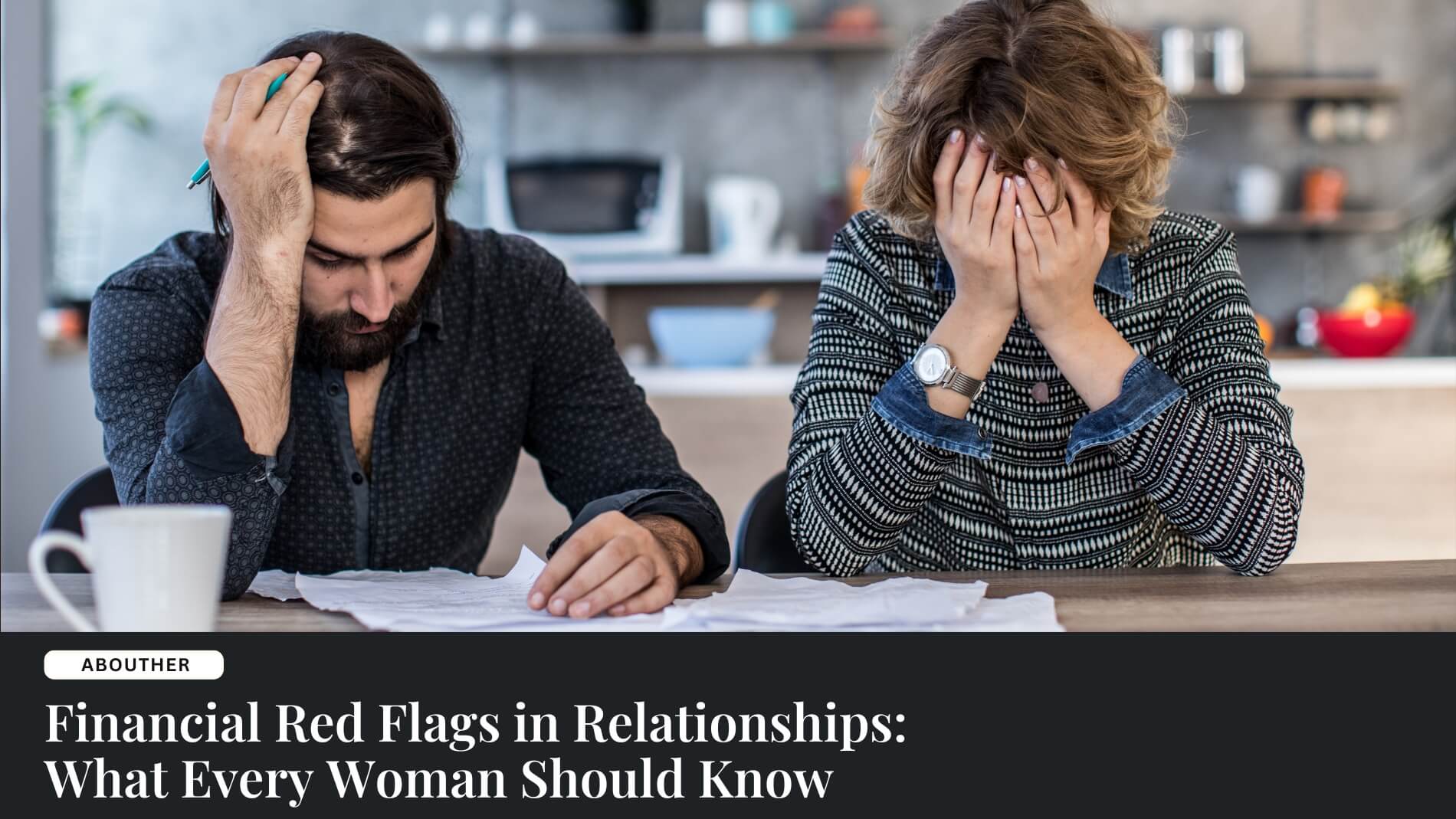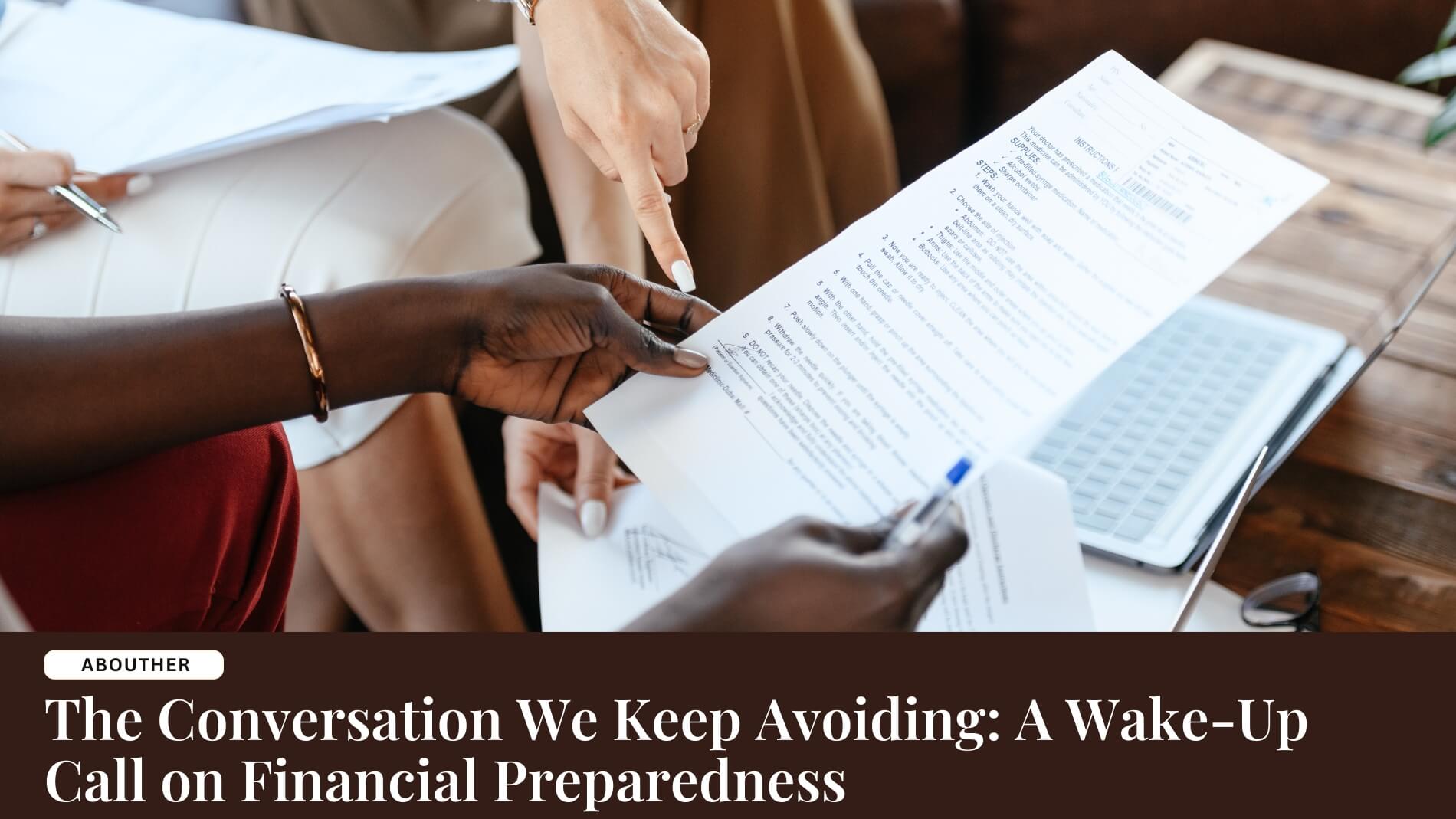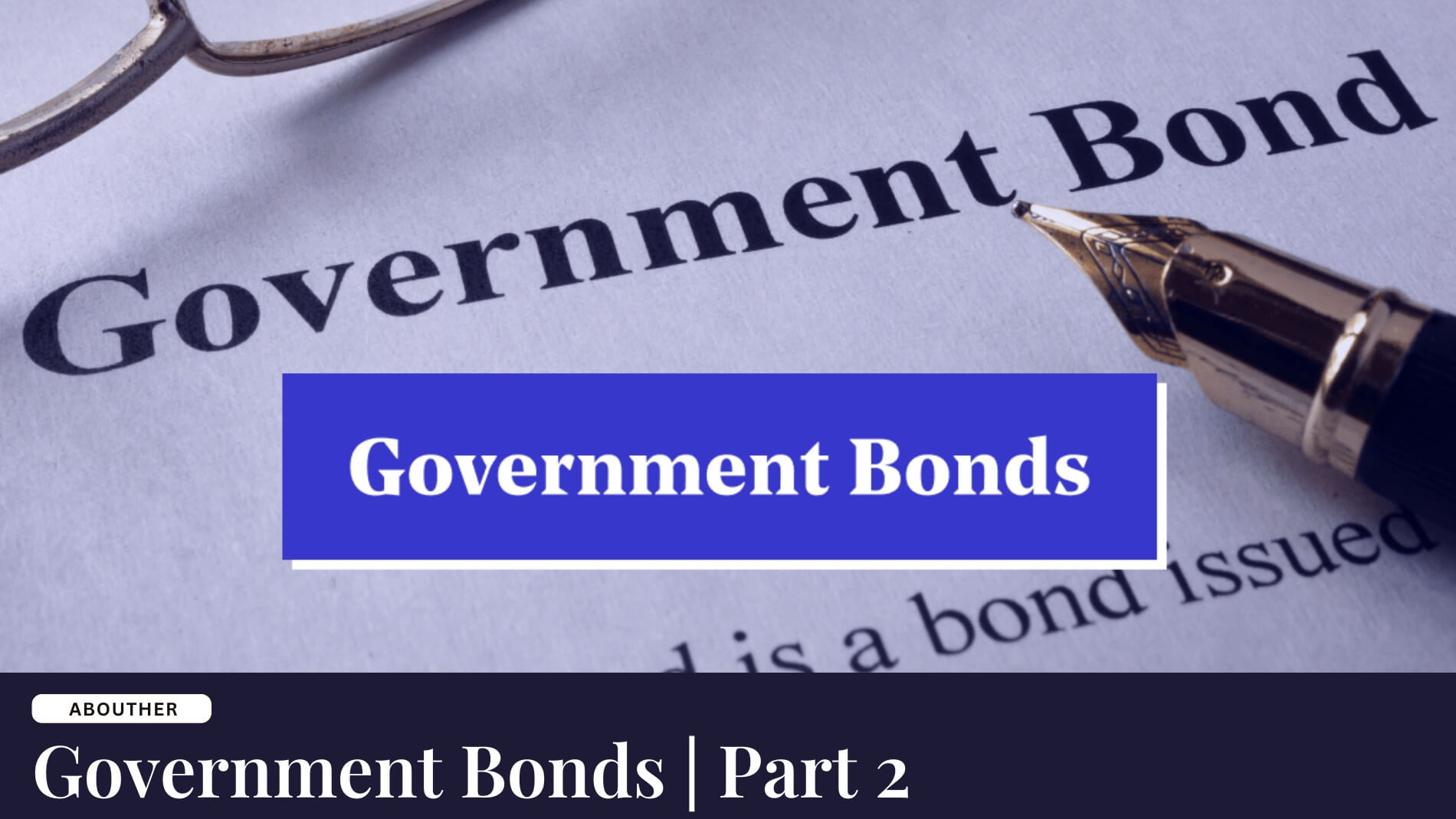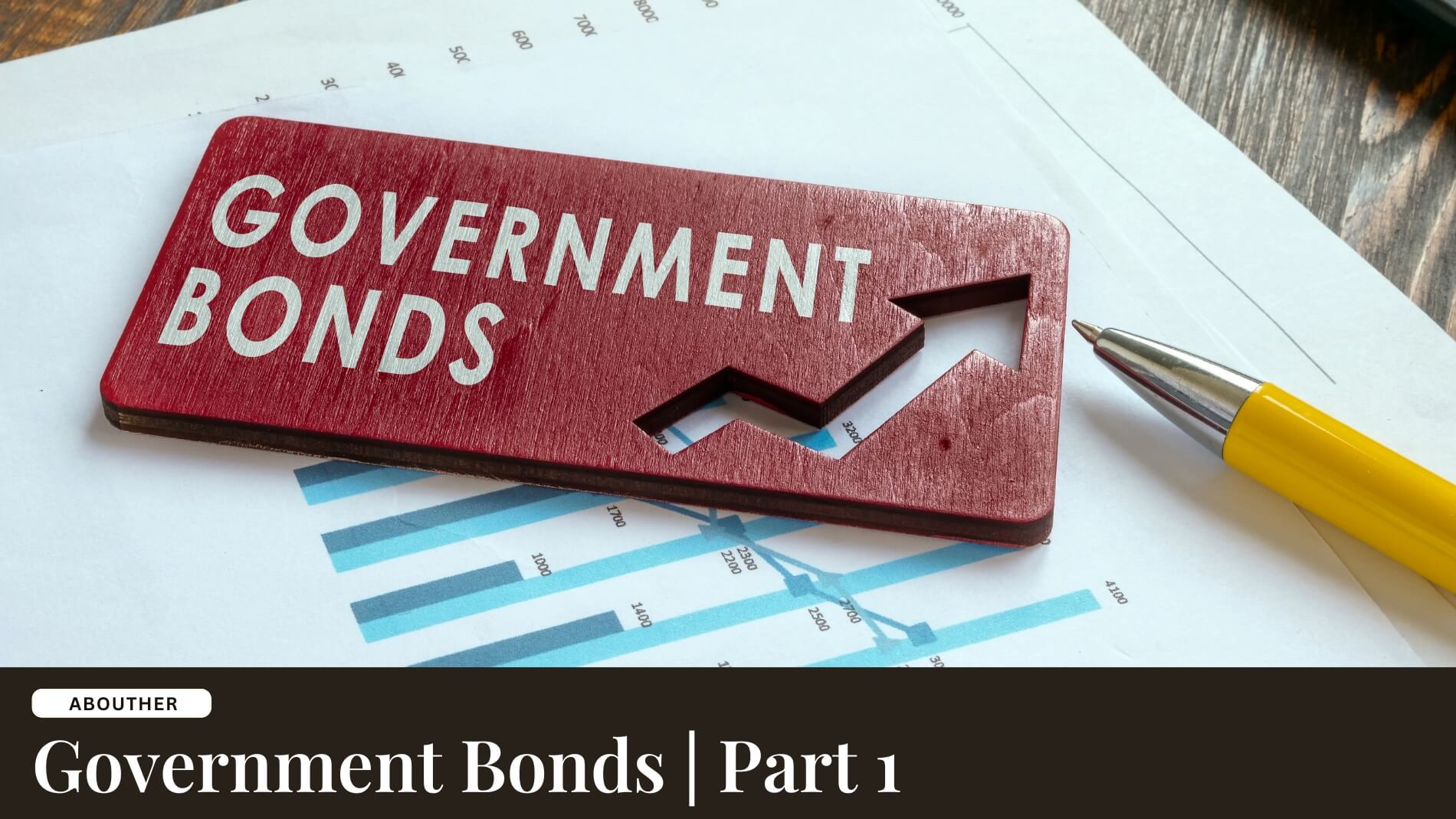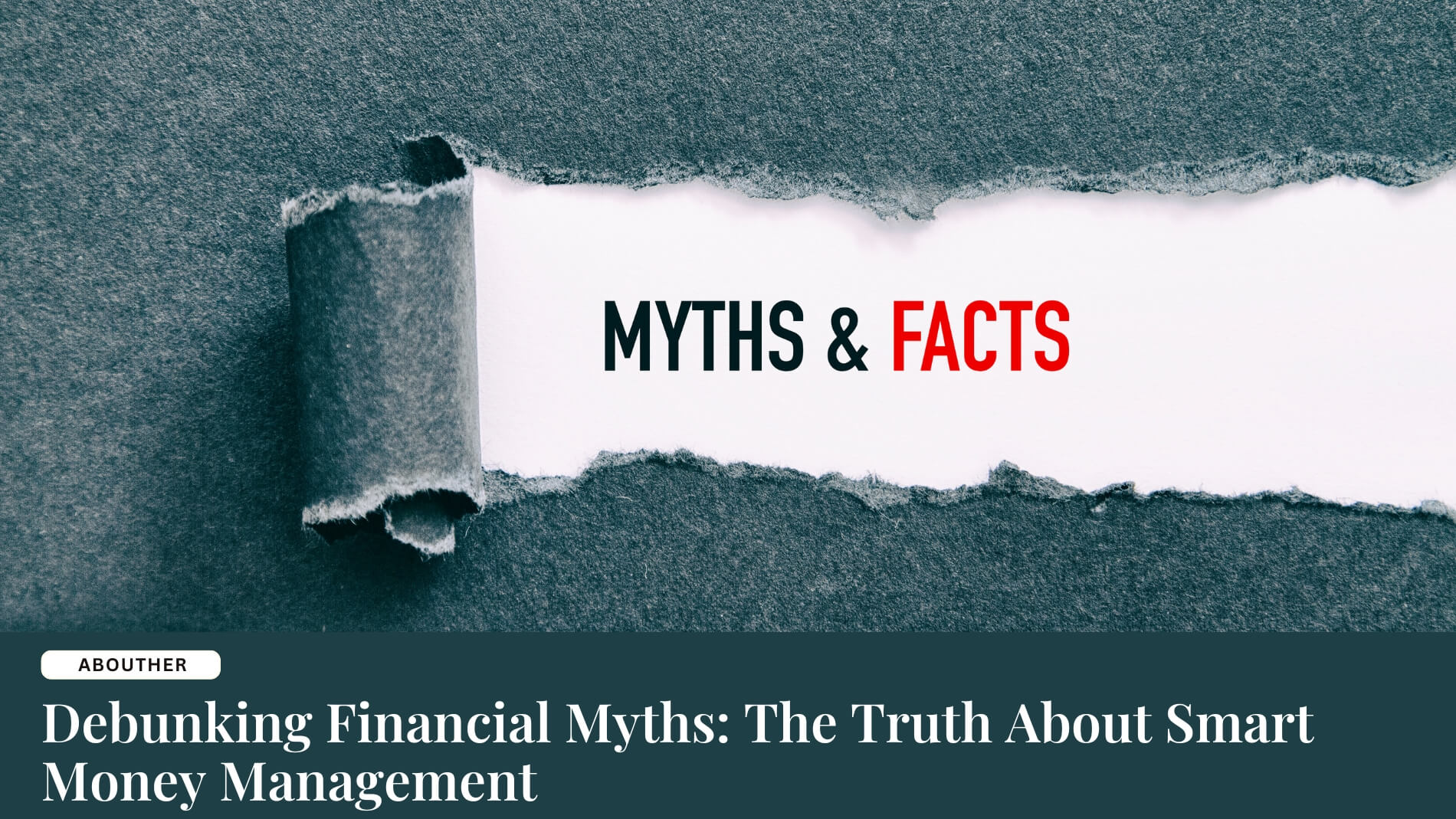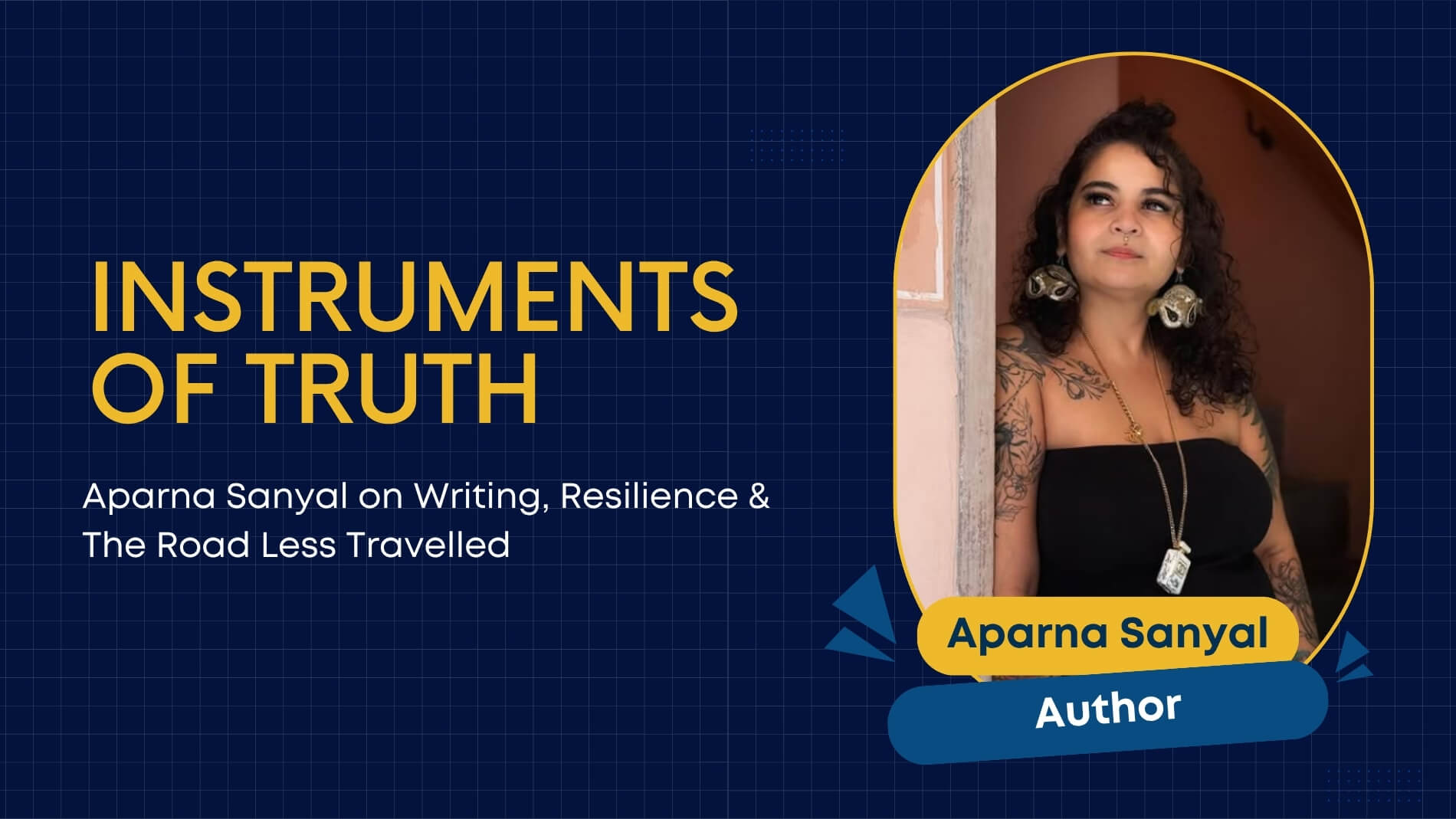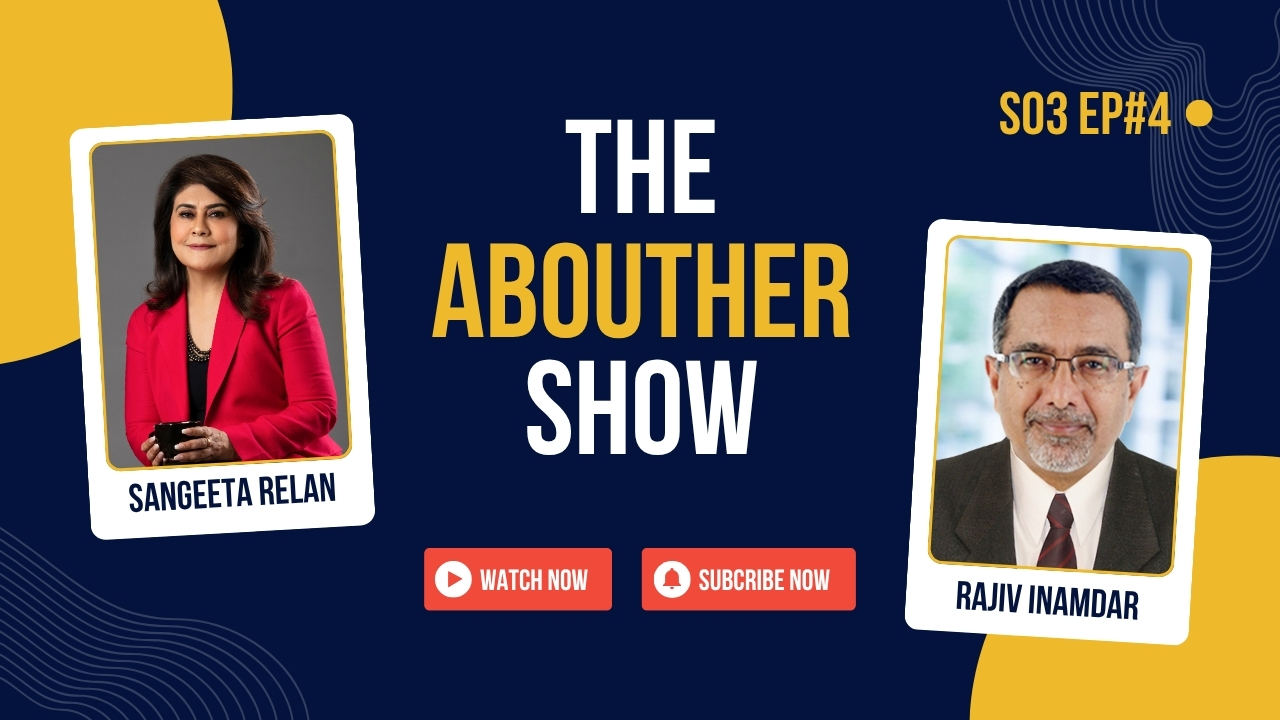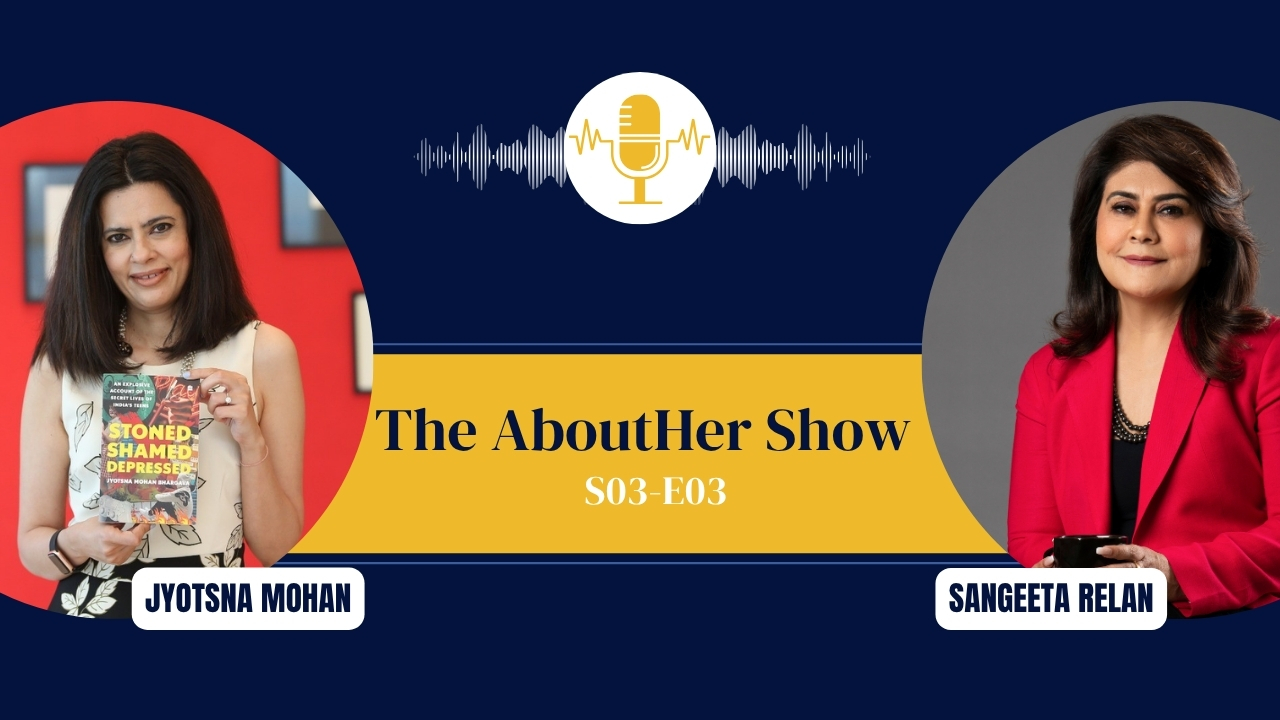Gender Bias in Financial Literacy: Challenges Faced by Women
Financial literacy empowers individuals to make informed decisions regarding their money, investments, and financial future. It serves as a crucial foundation for economic independence and stability. However, a persistent gender gap exists in financial literacy, with women often facing age-old barriers that hinder their financial knowledge and decision-making capabilities. This bias is rooted in historical, cultural, and societal norms—not just in India but as a global phenomenon—that continue to shape financial education and access to financial resources for women.
Understanding the Gender Gap in Financial Literacy
Not only do studies reveal this disparity, but even personal observations from conversations with friends and colleagues—many of whom work in the financial sector—indicate that women tend to score lower on financial literacy assessments compared to men. This gap is not due to inherent differences in capability but rather a combination of social conditioning, traditional gender roles, and systemic barriers that discourage women from taking charge of financial matters.
Key Factors Contributing to Gender Bias in Financial Literacy
- Cultural and Social Norms: In many societies, financial decision-making has traditionally been considered a male responsibility. Women are often encouraged to focus on household management rather than investments, savings, or wealth accumulation. Even highly educated women may feel hesitant to manage their own finances due to a lack of exposure and confidence.
- Education and Awareness: Historically, financial literacy has not been a primary focus in education systems, and when it is taught, it often lacks a gender-sensitive approach. Women may receive less encouragement to engage in financial decision-making because, throughout their lives, they have generally seen their fathers and grandfathers taking financial decisions for the family. This lack of early exposure results in a lower comfort level when dealing with complex financial matters as adults.
- Access to Financial Resources: Women in many parts of the world still face challenges in accessing credit, loans, and investment opportunities. Gender biases in banking and financial institutions can make it harder for women to build wealth. Even though many women work hard and are excellent at saving money, they often struggle to take proactive financial decisions that could lead to wealth generation. Many financial products and services are also marketed in a way that primarily targets men, leaving women less informed about their options.
- Perceived Risk and Confidence Gap: Women are often more risk-averse when it comes to financial decisions, which can be attributed to limited exposure and systemic discouragement. This lack of confidence can result in fewer women investing in stocks, mutual funds, or other financial instruments that could help them grow their wealth over time.
Also Read: Debunking Financial Myths: The Truth About Smart Money Management
Impact of Gender Bias in Financial Literacy
The financial literacy gap has far-reaching consequences for women, including:
- Lower Wealth Accumulation: Women who lack financial knowledge or are not involved in financial decision-making may be less likely to make investments, leading to lower long-term wealth accumulation. This can also contribute to financial dependence on male family members.
- Economic Vulnerability: Financially illiterate women are more susceptible to financial fraud, predatory lending, and poor financial decisions. Their lack of understanding of interest rates, loan structures, and investment risks can leave them vulnerable to financial exploitation.
- Retirement Insecurity: Women typically live longer than men, but with lower financial literacy, they may struggle with retirement planning. This increases the risk of financial instability in old age. The lack of confidence in handling finances often leads women to defer financial decision-making to male family members, which can result in inadequate retirement savings.
- Limited Entrepreneurship Opportunities: Women who lack financial literacy may be discouraged from starting their own businesses due to difficulty in securing funding or managing financial risks. This limits their potential for economic independence and growth.
Bridging the Gender Gap in Financial Literacy
Addressing gender bias in financial literacy requires targeted efforts at multiple levels. The following measures can help create a more financially inclusive society for women:
- Incorporating Financial Education in Schools: Ensuring that financial literacy is a mandatory part of the curriculum for both boys and girls can help create a level playing field from an early age. Schools should introduce financial planning concepts in a way that is accessible and engaging for all students.
- Encouraging Women’s Financial Participation: Awareness campaigns, mentorship programs, and workshops can encourage women to take control of their finances and seek investment opportunities. Women-focused financial literacy programs can help break the stereotype that financial management is a male-dominated skill.
- Policy Interventions: Governments and financial institutions should implement policies that promote equal access to financial services, credit, and investment opportunities for women. This includes gender-sensitive financial policies, financial inclusion programs, and measures to eliminate gender biases in banking and lending practices.
- Empowering Women Through Digital Financial Tools: Online platforms, apps, and fintech solutions can provide accessible financial education tailored to women’s unique needs. With mobile banking and financial management apps becoming more widespread, digital tools can serve as a powerful medium for educating and empowering women.
- Promoting Workplace Financial Literacy Programs: Employers should introduce workplace financial literacy programs, ensuring that female employees receive guidance on investments, savings, and financial planning. Providing financial counselling as part of employee benefits can encourage women to take charge of their finances.
- Encouraging Women’s Investment Networks: Building communities where women can discuss financial matters, share investment strategies, and seek mentorship from financially experienced women can boost their confidence and knowledge.
Also Read: From Earning to Empowered: How Financial Literacy Transformed My Independence
Conclusion
Gender bias in financial literacy remains a critical issue that affects women’s economic empowerment and financial independence. The financial knowledge gap is not just a matter of education but is deeply embedded in cultural norms, societal expectations, and institutional barriers. Addressing this gap requires systemic change through education, policy reforms, and shifts in societal attitudes toward women’s financial capabilities.
By fostering a more inclusive financial environment and actively encouraging women to take charge of their financial future, we can ensure that women have the knowledge and confidence to secure financial stability and independence. The journey to bridging this gap is not just about teaching financial literacy but also about changing mindsets and ensuring that women have equal access to opportunities that enable them to thrive financially.
Share This On Social
![Sangeeta-Relan-AH-525×410[1]](https://slategray-flamingo-696901.hostingersite.com/wp-content/uploads/2024/06/Sangeeta-Relan-AH-525x4101-1.jpeg)
I’m Sangeeta Relan—an educator, writer, podcaster, researcher, and the founder of AboutHer. With over 30 years of experience teaching at the university level, I’ve also journeyed through life as a corporate wife, a mother, and now, a storyteller.
Recent Posts

